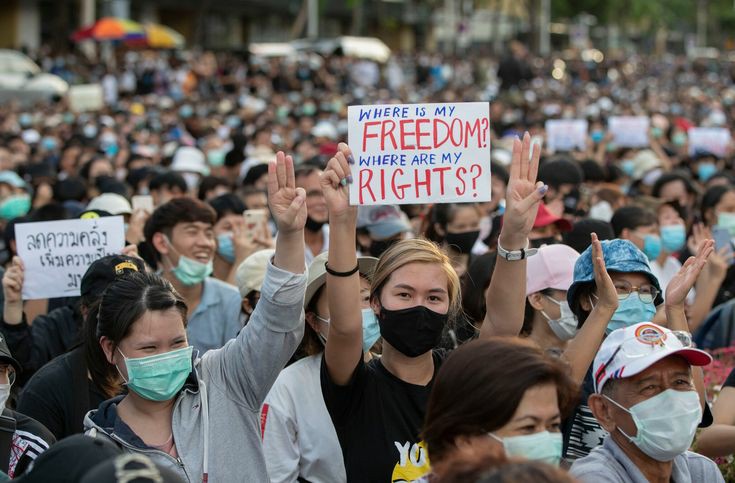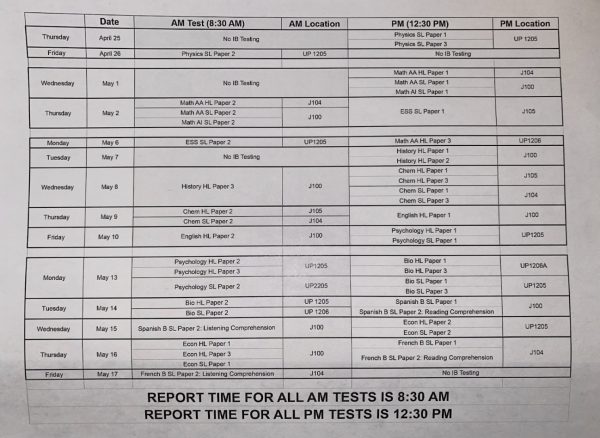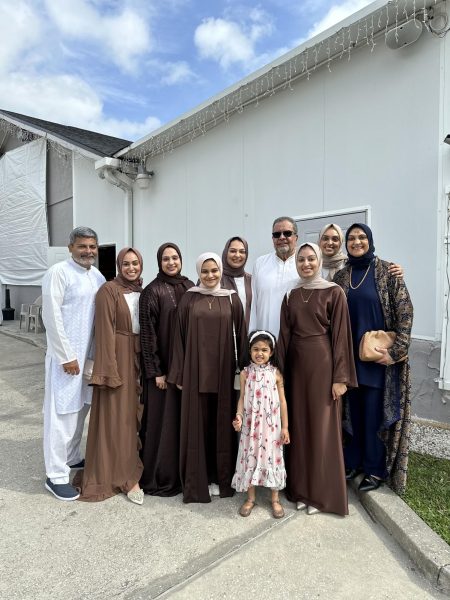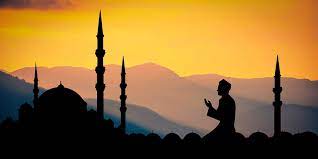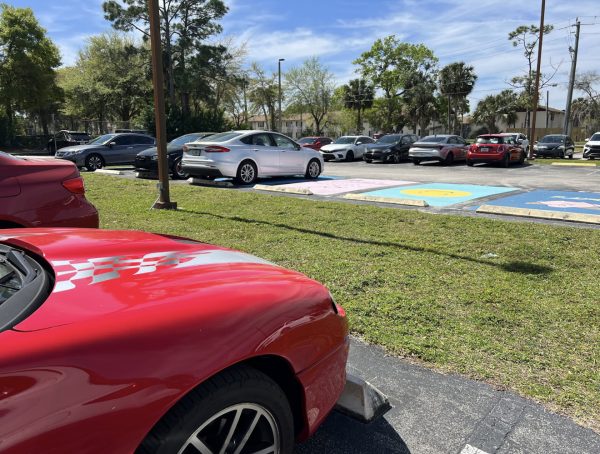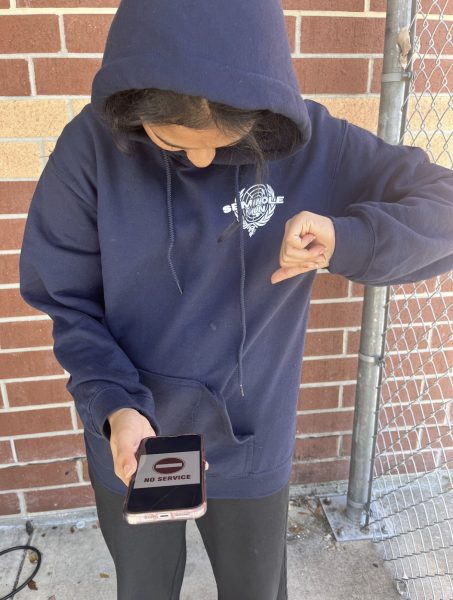Thailand Protests: What You Need To Know
In Thailand, an up roar of protests have began. Thailand had been under military rule since 2014 and the people have had enough.
November 13, 2020
Thailand has been under military rule since 2014. The first election in February 2020 was the beginning of the establishment of the previous rule giving citizens a chance to vote out the military government. Prayut Chan-ocha, Thailand’s prime minister during the military rule, won the position again. However, the Future Forward Party (FFP), won a third of seats in the election. The FFP supports democracy and has the support of many of the first-time voters who voted in this election. When the leader of the FFP, Thanathorn Juangroongruangkit loaned money to his party, they were forced to disband because the transaction was considered a donation, and therefore was illegal. This court ruling caused protests that were short-lived due to the government’s policies to reduce the spread of COVID-19.
The protests started again in June when an activist was kidnapped; Wanchalearm Satsaksit was taken from the street for supporting democracy, and the people believe the government is responsible. In addition, the king of Thailand since 2016, Maha Vajiralongkorn, is going back on the previous law stating the Crown’s property belonged to the people. However, Maha changed this policy to give him ownership of the Crown’s property. He is the first in Thailand’s rule to take over the military bases, causing even more unrest in the streets of Thailand.
More than 10,000 pro-democratic protesters got together for rallies the weekend of Sunday, October 17th marking the fifth consecutive day of protest, in front of Bangkok’s Victory Monument to support the regulation of the king’s power and establishment of a new constitution to secure the military’s power over its own bases. Prayut agrees with the need to sort out the political confusion and wants a parliament meeting, but he still wishes to keep the current monarchy system in place. He encourages peaceful protests, reflective of the government’s decision to give prison sentences to, especially disruptive protests. Slander against the monarchy is a crime itself, and political leaders who protest have been sentenced to 7 to 15 years of prison.
A student at Seminole High School’s traditional program, Ajay Persaud, believes “There’s always people on both sides who take it too far, and lose sight of the actual cause they’re fighting for, but for some matters, it’s necessary in order to ensure a change happens.” In Thailand’s case, the government is punishing the protesters too harshly.
Not only are participants affected, but those involved in spreading false information are, as well. News stations and other sources of information face possible suspension and the deletion of the false content under charges against national security. While this is not an enforced law, the tension in Thailand could lead for this suggestion to be pushed into policy.
While the government claims they encourage peaceful protest, their retaliation is anything but peaceful. Police have been firing water cannons at protests in an effort to shut them down on Friday.
IB senior Zoey Daniels says “I believe that peaceful protesting should not be suppressed at all. Everyone is supposed to be able to share their opinion as long as it is peaceful. People have a right to protest if they want because it is a constitutional right.”
The government’s attempt at protest suppression only increased the protesters’ numbers, with students joining the ranks on Saturday and Sunday. The sudden boom of protestors to 20,000 caused the government to close the city’s public transportation, as well as arresting more protestors. On Sunday, protests surfaced in 19 other provinces, indicating only a rise in tension despite the government’s efforts towards suppression.
The people of Thailand will not rest until the government compromises with them to add democratic policies, control the king’s power, and prevent the king from owning military bases. People will continue to protest to advocate for a life that is best for their country.

























